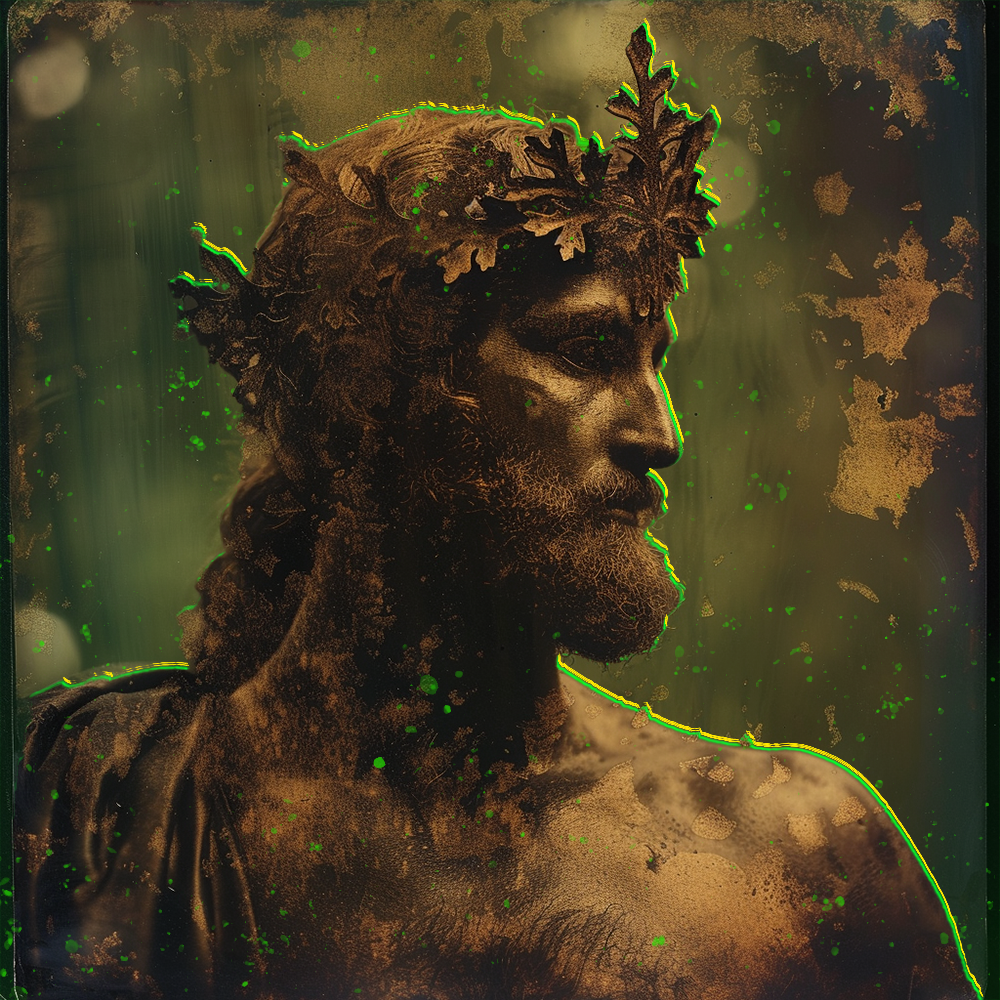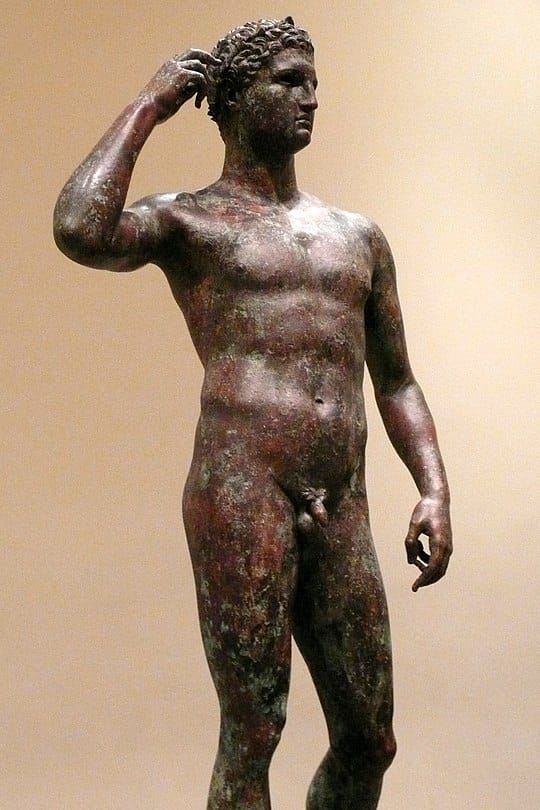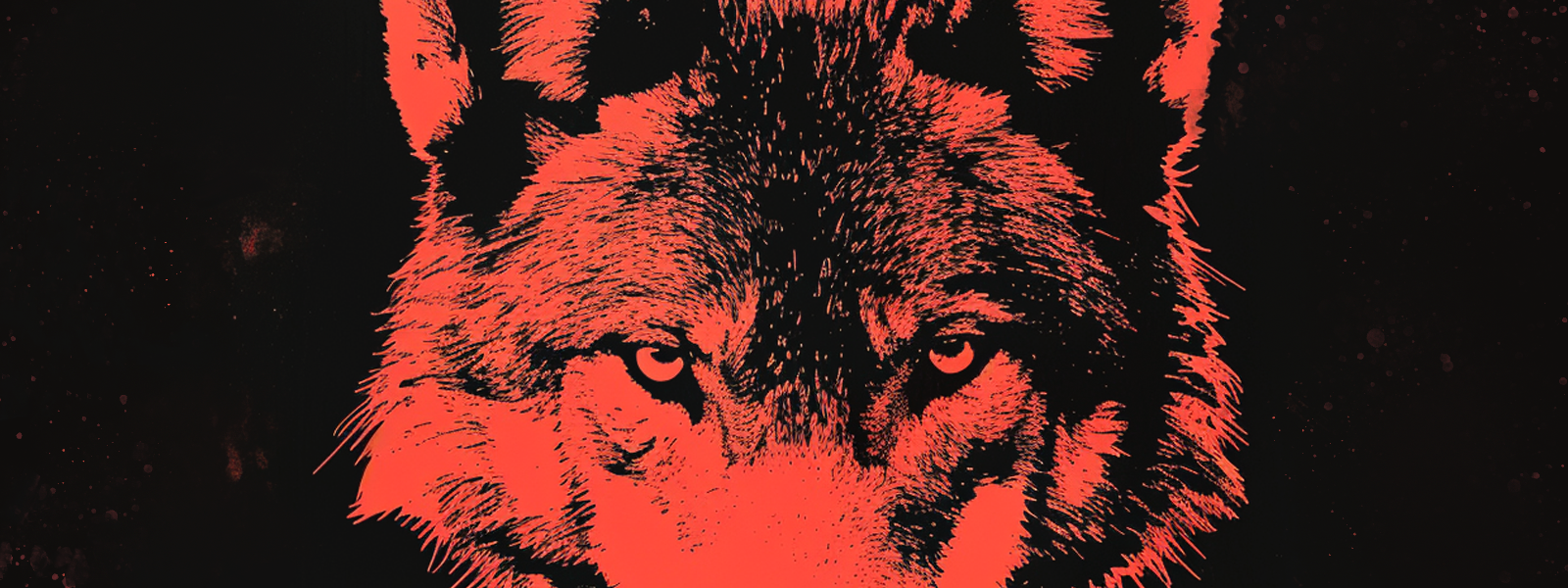Why Wealth Matters for Celtic Pagans: An Introduction
Whoever tells you that money is irrelevant to the Celtic pagan path is a fool. These idiots run around wagging their fingers and running their mouths about how money can’t buy happiness and how we must repent from our sinful materialist ways lest we bring Armageddon upon us. They are wrong.

Whoever tells you that money is irrelevant to the Celtic pagan path is a fool. These idiots run around wagging their fingers and running their mouths about how money can’t buy happiness and how we must repent from our sinful materialist ways lest we bring Armageddon upon us. Shut up. They couldn’t pull their antics without the wealth that keeps their bellies full, the water running, and the wolves at bay. They live in a dream world; this essay is a bucket of cold water.
Money is important.
Money is important to the father who just got laid off, can no longer pay his mortgage, and is crushed by shame when his son asks why they haven’t gone out to his favorite pizzeria for months. Money is important to the single mom whose son has severe autism and requires full-time treatment at a facility - treatment not covered by her insurance. Money matters to the Ukrainians as their troops face backed pay, crumbling morale, and a shortage of munitions and medical equipment, which will leave tens of thousands more dead.
Money mattered to the Irish. It was partly because of their indigence that the English colonized and dominated them for centuries. If it weren’t for Irish weakness (and I say this as an Irishman who loves his motherland), Ulster wouldn’t be packed with English-loving protestants, there would be no Northern Ireland, and The Troubles would’ve never happened. The Irish would speak Irish, not English. Millions of Irish would have been spared The Great Famine. Our native wealth wouldn’t have been pilfered, and the land distributed to English lords or Irish-Protestant traitors.
Money alone would have been insufficient, but it sure would have helped.
The Celtic pagan path is a path of wealth. It is a path of glittering temples, golden torques, and magnificent cities, a path of excess, might, and harmony, a path of victory and greatness. The hippies moaning about materialism would be mocked by the Celts for their delusions of how the world works, as they should be mocked today. Wealth is important, but it is not everything.
There is more to Celtic paganism than stockpiling gold. It is a path of courage and honor, of physical prowess and grace, of artistry and vigor, of savagery and deception, of justice and callousness, of love and duty, of learning and reason, of wisdom and oneness. And of money.
The Celtic pagan path balances these elements into a harmonious whole. The famed Victorious Youth statue represents the Celtic ideal. The arms, the contrapposto pose, the size of the head, the round cheeks against the strong chin and nose, the wreathe sat atop his head, and the commanding gaze are crafted into a well-proportioned whole. The result is a champion.

The Celtic path balances life’s elements into a well-proportioned whole. Instead of arms, legs, and lips, it’s the longing for fame and honor, duty to kin and nation, courage, wisdom, and, yes, wealth, that are crafted into a piece of art, into nobility.
Celtic paganism abhors the egg-headed dweeb as much as the ox-headed body-builder. It scorns the ascetic monk living on a mountaintop, devoting his life exclusively to prayer and meditation, as much as the businessman who slaves away to add more 0s to his account. The path is one of eudaimonia, the harmonious apportionment of parts.
Most pagan teachers rarely discuss wealth. They obsess over runes, meditations, the Wheel of the Year, something something oaks, what color Morrigan’s hair really was, what the ancient Celts really believed about the fairies, how to bake seasonal bread, and whether or not a devotee should offer milk or beer to the ancestors. That’s all well and good, but Celtic paganism is about living nobly, and living is more than knowing esoteric details about the Morrigan or correctly performing a five-minute ritual to the ancestors. Living includes how a Celtic pagan fries their eggs in the morning, speaks to their daughter after school, and deals with a dumb-ass boss at work. It also includes managing money.
Properly viewing wealth might seem irrelevant to a spiritual seeker, but this could not be further from the truth. When one of my mentors, Ajahn Jayasaro, leads meditation retreats, he begins by spending a few days on the Five Precepts (1. Don’t harm others; 2. Don’t lie; 3. Don’t steal; 4. Don’t commit sexual misconduct; 5. Don’t take intoxicants) and getting one’s life together. This disappoints retreatants who want to hear some profound teachings on the nature of reality. “C’mon, tell me about impermanence, or realizing no-self, or entering into refined states of concentration!” their eyes plead, but Ajahn hammers home waking up on time, not deceiving others, and balancing a spiritual life with the demands of family and work. He’s right.
Consider this: how much time does the average pagan spend on the formal, spiritual aspect of the pagan path - meditating, studying the myths, contemplating the philosophy, performing rituals? If they’re dedicated, maybe two hours a day. That’s 9% of their day. What about the other 91%?
If a pagan wants maximum returns for his investment of time and energy, would it be better to focus on the 91% or the 9%? Thus, Ajahn spends 3 days exhorting his students to get their shit together rather than racing after deep meditation or insights that will leave them a few weeks later. Retreatants might spend 10 or 12 hours a day meditating now, but after those 7 days, they have another 358 days of not being on retreat. Focus on that 91% and those 368 days. Get that right first, and the rest will follow.
Wealth is of the unsexy 91%. Most pagans will spend 50 hours a week (including commute time) pursuing wealth. Add to that shopping, reading up on markets, investing, seeking new jobs, planning career moves, skilling up to advance, retirement planning, dealing with banks, and managing accounts, and we’ve got ourselves a big chunk of our lives.
When a Celtic pagan views wealth properly and manages it appropriately, he stands to gain much. He could retire at 30, save his father from an early death from an aggressive disease, wield political influence, uplift his local community, provide quality education for his children, patronize artists, and have enough cushion to save himself and his loved ones from the fallout of an economic disaster. A culture of wealth could even stave off predations from other countries and allow for a spiritual, technical, and artistic renaissance, as was seen in 14th-century Italy or 18th-century Scotland. When a Celtic pagan views wealth improperly and mismanages it, he leaves himself and his community vulnerable to exploitation and disaster, as witnessed in The Great Famine and the backwards policies of Éamon de Valera.
Possessing wealth is not a guarantee. There are no guarantees, but wealth is a heavier weight on the scale for things to move in the right direction (usually). The rest depends on a pagan’s will, skill, and fortune.
This essay examines how wealth fits within a Celtic pagan life that gets the 91% of their life righter so that they and their community can live as champions.
We'll look at three different aspects to this question:
- Virtue: Wealth and the factors of a noble life.
- Fire: Trusting the guidance of the daimon.
- Vocation and Place: The many shapes of the pagan life.
